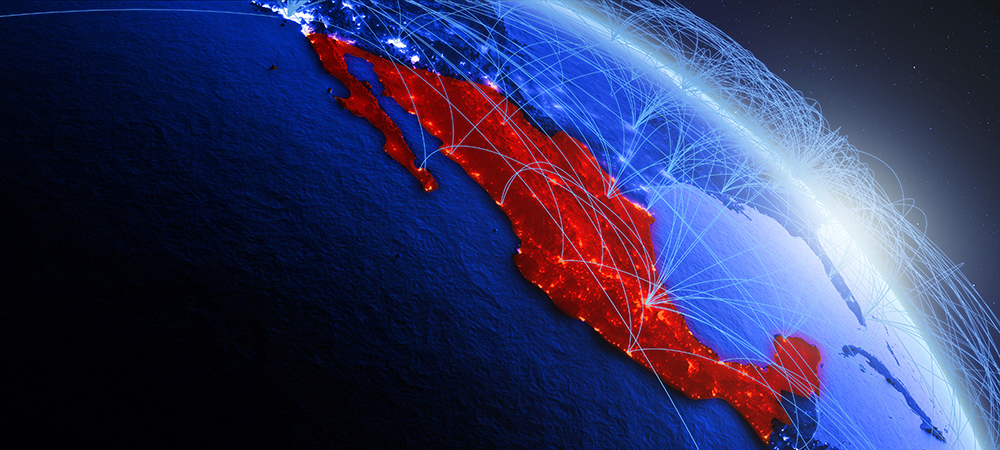DE-CIX has announced the launch of its first two Internet Exchanges in Mexico and is now taking orders to connect Mexican and international networks to enable local, low-latency interconnection.
The news was celebrated at the Museo Soumaya in Mexico City, attended by industry professionals and delegates from various enterprises and organizations.
The newly established Internet Exchanges in Mexico City and Queretaro are poised to revolutionize interconnection within the country. They offer neutral, resilient, secure, and high-performance interconnection platforms for ISPs, content and carrier networks, cloud service providers and businesses of all sizes. Initially, DE-CIX Mexico City and DE-CIX Queretaro will be hosted across several data centers operated by KIO, with expansion plans expected in the future.
Furthermore, DE-CIX Mexico will connect directly to DE-CIX Dallas, enhancing the interconnection with North American content and cloud services. This integration extends to DE-CIX’s expansive North American and global ecosystems, providing access to a multitude of networks. The services available from the outset include local and remote peering in DE-CIX’s global interconnection ecosystem, as well as private interconnects, direct cloud connectivity, the Microsoft Azure Peering Service and cloud routing.
Ivo Ivanov, CEO of DE-CIX, said: “DE-CIX is committed to unleashing the potential of the digital economy in Mexico by providing better performance and user experience of content and applications, and affordable and high-quality Internet access for enterprises and individuals. The millions of users in Mexico deserve digital services of state-of-the-art quality.
“This requires the best infrastructure possible, interconnected in low latency and localizing content, clouds and applications as close as possible to the end-users, for both private and business purposes.”
Ivanov also highlighted the current absence of a robust neutral Internet Exchange and a co-ordinated interconnection ecosystem in Mexico, emphasizing the importance of local data exchange.
DE-CIX asserts that it has received firm commitments from numerous local networks and global cloud service providers to join the new exchanges and aims to expand these interconnections considerably within the next year. This expansion will allow Mexican networks, many of which are already part of DE-CIX’s US ecosystem, to interconnect locally, thereby reducing data transit times and improving connectivity.
The establishment of these Internet Exchanges is also expected to complement the increasing presence of major cloud service providers in Mexico, such as AWS, Microsoft, Oracle and Google. The local digital infrastructure will be further enhanced by connecting to North American cloud zones through the DE-CIX Cloud Exchange.
In context to the Mexican market, with its large user base and status as one of Latin America’s biggest gaming markets, Mexico boasts an extensive telecommunications sector and a rapidly developing Digital Economy. The nation is the third-largest network hub in Latin America with significant data center revenue, projected to reach US$3.4 billion in 2023, and data center investments anticipated to hit US$1.15 billion by 2028.
Mexico’s strategic position on submarine cable routes and terrestrial connectivity to the US places it in an advantageous position to leverage the network density of its northern neighbor, facilitating localized content, applications, and clouds for improved low-latency connectivity. Mexico City remains the traditional hub for data centers, while Queretaro is emerging as a new hub for data centers and cloud services.


